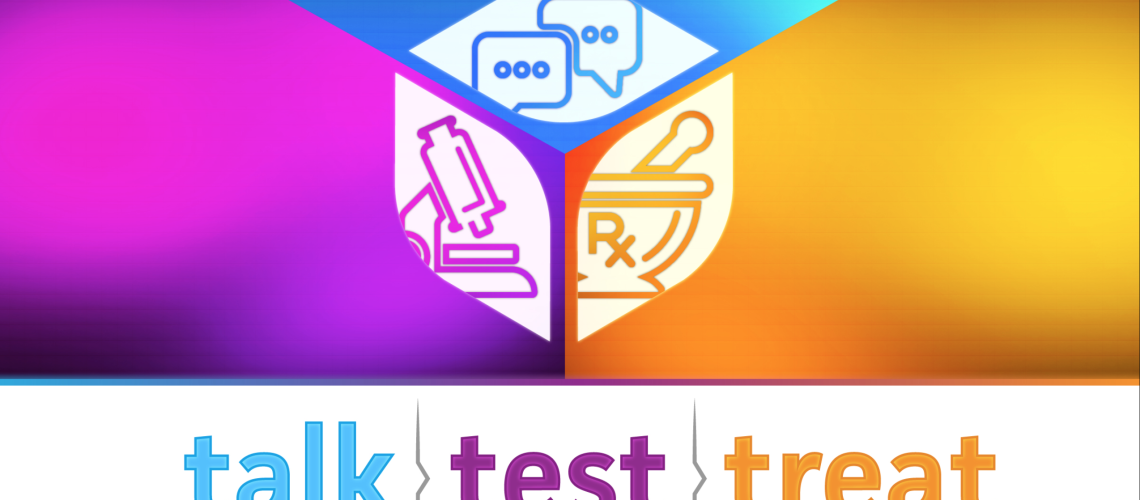Another year, another respiratory virus season. Unlike the flu and COVID-19, there had been no medications to prevent respiratory syncytial virus (RSV). As a result between 58,000-80,000 Children under five years old per year. This year was supposed to be different. The first ever preventative medication against RSV, called Beyfortus, was approved by the FDA in August.
Many public health experts and physicians believed Beyfortus would be a game changer in the fight against RSV. The drug was authorized for babies up to 8 months of age as well as medically vulnerable infants as old 19 months.
Unfortunately, supply shortages and uncertainty as to whether insurance will cover it have blocked many families from accessing the drug. hospitals across the country are now preparing for an influx of RSV cases.
The drug is what is known as a monoclonal antibody. It differs from a vaccine in that babies receive the antibodies from the medicine itself, as opposed to their immune system being trained to target the virus. In large clinical studies, Beyfortus lowered the risk of hospitalization by approximately 80 percent. Supplies are expected to increase in the coming weeks. However, experts predict that RSV will become more widespread before that happens. Until Beyfortus becomes widely available, health officials suggest that parents consider a new RSV vaccine called Abrysvo. Abrysvo is given to pregnant individuals, who transfer their immunity to infants in the womb. The vaccine is effective at preventing severe RSV illness, but can only be given during weeks 32-36 of pregnancy.
Full Story: The Hill

